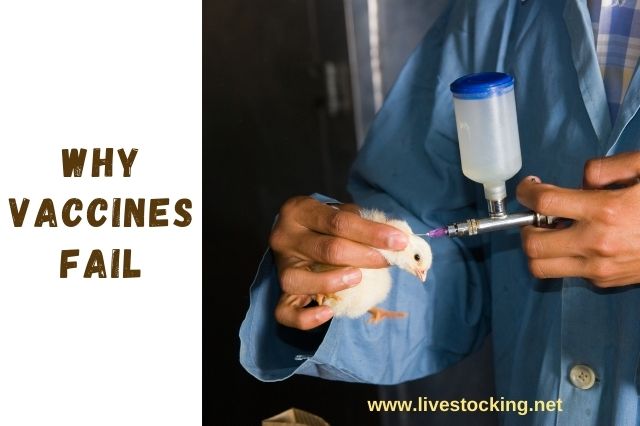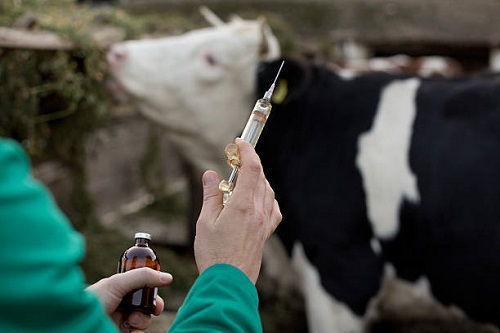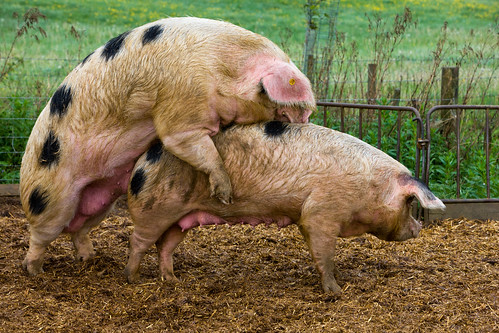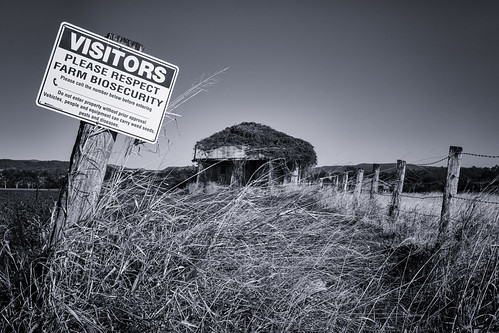Poultry farmers sometimes experience vaccine failures and their birds come down with the diseases against which they were vaccinated for. There are many factors that could prevent a vaccine from being effective. Therefore many precautionary measures need to be taken when administering vaccines. The following are some of them:
- Buy from a reliable source
- Expired vaccine. Never use vaccines that have expired
- Storage and transport. Vaccines are normally stored at a temperature of 20C to 80C. They should neither be frozen in a freezer nor stored above 80C. When transporting, the same temperature should be maintained on the farm. Storage in the lower compartments of refrigerators is suitable. Transporting in a flask with ice cubes or iced water is good.
- Avoid direct sunshine on mixed vaccines. Vaccines should not be mixed in the sun.
- Don’t vaccinate under high temperatures. Temperature above 300C may affect vaccine potency. Vaccination should be carried out during the cooler periods of the day. Heat sources in brooder houses may be temporarily turned off except when the weather is too cold.
- Don’t vaccinate sick birds. The immune system of a sick bird is weak, and cannot satisfactorily withstand a vaccine, let alone develop immunity against the disease. Vaccination of a sick bird can precipitate the disease it is intended to prevent. Sick birds should, therefore, be allowed to recover before vaccination.
- Vaccines administered via drinking water should be opened under the water into which it is to be mixed. This is because vaccines are normally vaccine-sealed. When opened in the air, they may draw contaminated air into the container.
- High level of passive immunity. The primary protection comes from immunity passed on by the mother to the young ones. This is called maternal immunity and is a passive one, meaning it lasts for a very short period.
- Don’t use vaccines in less than recommended doses.
- Stress. Anything or any agent which disrupts the physiological and psychological stability of a bird/animal is a stressor, and the phenomenon which disrupts the same is called stress, or the reaction of an individual to a stressor is called stress. If an animal is vaccinated under stress, there are chances that the vaccination may fail.
- Health status of a bird. The immune system of a sick animal is very weak and cannot satisfactorily withstand a vaccine, let alone develop immunity against the disease. Vaccination of a sick animal precipitates the disease it is intended to prevent and leads to other intercurrent diseases.
- Age of the birds. The age of the birds will also affect the ability to mount a response. Very young birds don’t have a fully developed immune system. Often, the active immunity produced in these birds will be of a shorter duration than is produced in adult birds, and hence boosting is required comparatively frequently.
- Feed. Feed plays a vital role directly or indirectly in the development of immunity. Birds fed with a well-balanced diet will respond better. Excess of methionine is immunosuppressive.
- Adhere to the instructions of the manufacturers when carrying the vaccination.
If the above are adhered to, vaccine failure won’t occur.



